The Portuguese Society for Immunology Board of Direction
The SPI board of direction have legal responsibilities and must ensure the Society is well-run, financially sound, and that it meets its objectives. As outlined in the SPI rules, each Board is elected by the membership and serves for a three-year period.
Details of the Board of Direction
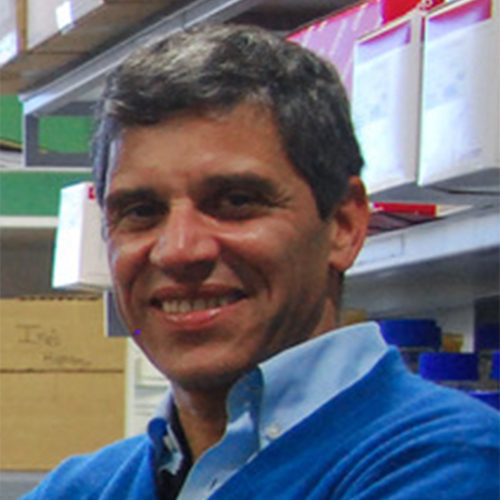
Carlos Penha Gonçalves
President
Carlos Penha Gonçalves has a DVM degree (Universidade Técnica de Lisboa), MSc in Molecular Biology (Universidade Nova de Lisboa), PhD in Immunology (University of Umea, Sweden) and Accreditation in Biological Sciences (Universidade de Lisboa). He is a Principal Investigator of the Disease Genetics at the Instituto Gulbenkian de Ciência for the last two decades. His research interests started with the study of the genetic basis of autoimmune and infectious disease such type 1 diabetes and malaria. He is now focused on how specific genetic factors work in specific cell types to drive organ inflammation trajectories and infectious disease outcomes.
Disease Genetics
Instituto Gulbenkian de Ciência
cpenha@igc.gulbenkian.pt
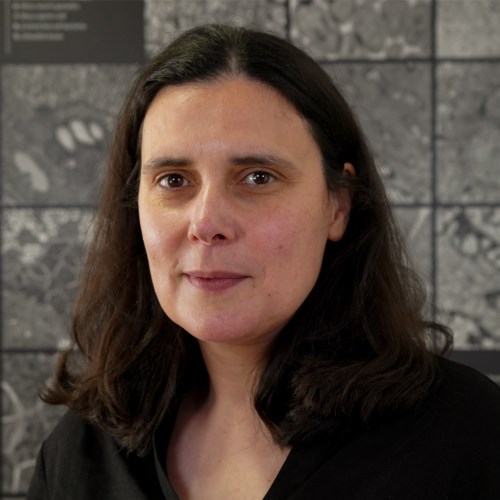
Iris Caramalho
Vice - President
Iris Caramalho has a degree in Biochemistry (University of Porto) and was awarded a PhD in Biomedical Sciences (specialty of Immunology) for her research on the function and dynamics of Regulatory CD4 cells during inflammation, developed at Instituto Gulbenkian de Ciência. She then pursued a post-doctoral training at INSERM U563 (Toulouse, France) to study mechanisms of tumor escape from immune surveillance in humans. In 2009, she joined as a “Staff Scientist” the Clinical Immunology Unit, at Instituto de Medicina Molecular, to dissect cellular and molecular cues required for human Regulatory T cell development. In 2015 she joined the Lymphocyte Physiology laboratory at Instituto Gulbenkian de Ciência, where she is currently an Auxiliary Researcher of the FCT investigator program. Her research aims at identifying the molecular basis of early onset and multi-organ autoimmunity.
Lymphocyte Physiology
Instituto Gulbenkian de Ciência
icaramalho@igc.gulbenkian.pt
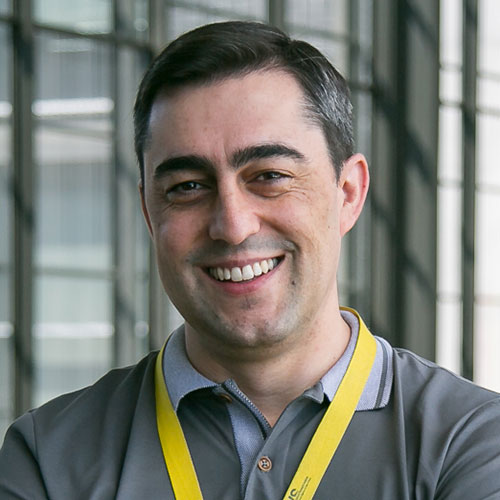
Agostinho Carvalho
Treasurer
Agostinho Carvalho is a biologist and received his PhD in Health Sciences – Biological and Biomedical Sciences, from the University of Minho (Braga) in 2008, for his research on the identification and functional characterization of human genetic variation in Toll-like receptors. He then developed post-doctoral studies at the University of Perugia, Italy. His work focused on the genetic analysis of innate immune receptors and molecules involved in antifungal immunity. In 2014, he joined the Life and Health Sciences Research Institute (ICVS) at University of Minho, where he is currently a tenured Principal Investigator. His main areas of research are the regulatory effects of interindividual genetic variation on molecular and cellular processes of immunity to infection, and identification of novel prognostic, diagnostic, and therapeutic targets for the development of personalized medical interventions for fungal diseases. His team has a strong background on identifying genetic markers of susceptibility to infection and dissecting host mechanisms influencing the recognition and the activation of innate immunity to fungal pathogens. (http://www.icvs.uminho.pt/about-icvs/people/agostinhocarvalho)
Life and Health Sciences Research Institute (ICVS), School of Medicine, University of Minho, Braga, Portugal, and ICVS/3B’s – PT Government Associate Laboratory, Braga/Guimarães, Portugal
agostinhocarvalho@med.uminho.pt
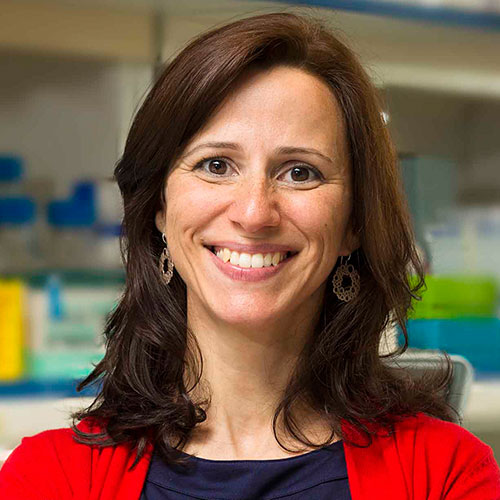
Vera Martins
Scientific Secretary
Vera C. Martins is an expert in T lymphocyte and thymus development. She has a degree in Microbiology and Genetics from the Faculty of Sciences, University of Lisbon. Vera obtained her PhD at the Max Planck Institute of Immunobiology and Epigenetics with Thomas Boehm (Freiburg, Germany), where she worked on T lineage commitment and central tolerance induction in the thymus. As a postdoctoral fellow, Vera worked at the University of Ulm and at the German Cancer Research Cancer with Hans-Reimer Rodewald (Ulm and Heidelberg, Germany), where they broke a central dogma in thymus biology by showing that the thymus has cells capable of self-renewal. Furthermore, her work uncovered that those cells undergo leukemogenesis as a consequence of impaired cell competition in the thymus. Vera heads a research group at Instituto Gulbenkian de Ciência since September 2015, which studies the development of T lymphocytes, both in physiological conditions and in malignancy, specifically in T cell acute lymphoblastic leukemia.
Lymphocyte development and leukemogenesis lab, Instituto Gulbenkian de Ciência
vmartins@igc.gulbenkian.pt
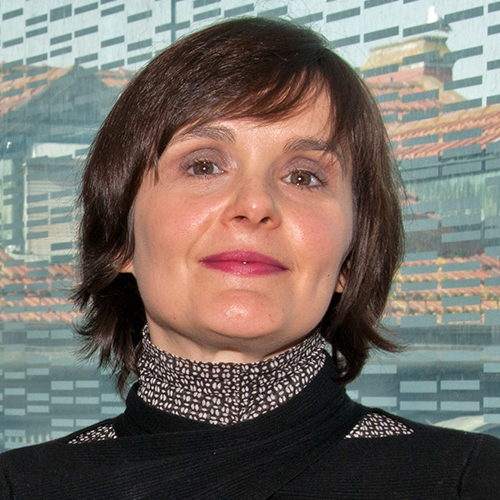
Helena Soares
Secretary General
Helena Soares has a Pharm D degree by Faculdade Farmácia da Universidade de Coimbra, Portugal. In 2001 she entered the Gulbenkian PhD Program in Biomedicine (PGDB). Her PhD thesis work (2002-2006) on dendritic cells was developed in Ralph Steinman’s lab, at The Rockefeller University, NYC (USA). After being awarded her PhD degree, Helena moved to Pasteur Institute to work on the cellular biology of T cells and HIV-1-T cell interactions, as an EMBO post-doctoral fellow. In 2014, Helena returned to Portugal, first as an Invited Scientist at Instituto Gulbenkian de Ciência (IGC) and on the following year as a Group Leader at Centro de Estudos de Doenças Crónicas da Faculdade de Ciências Médicas da Universidade NOVA de Lisboa. Her research group is dedicated to the study of the variations of the immune response throughout human lifespan: from before birth to adulthood and aging, including our particular interest in addressing why female and male immune responses are different.
Human Immunobiology and Pathogenesis (http://cedoc.unl.pt/human-immunobiology-and-pathogenesis)
Centro de Estudos de Doenças Crónicas da Faculdade de Ciências Médicas da Universidade NOVA de Lisboa
helena.soares@nms.unl.pt